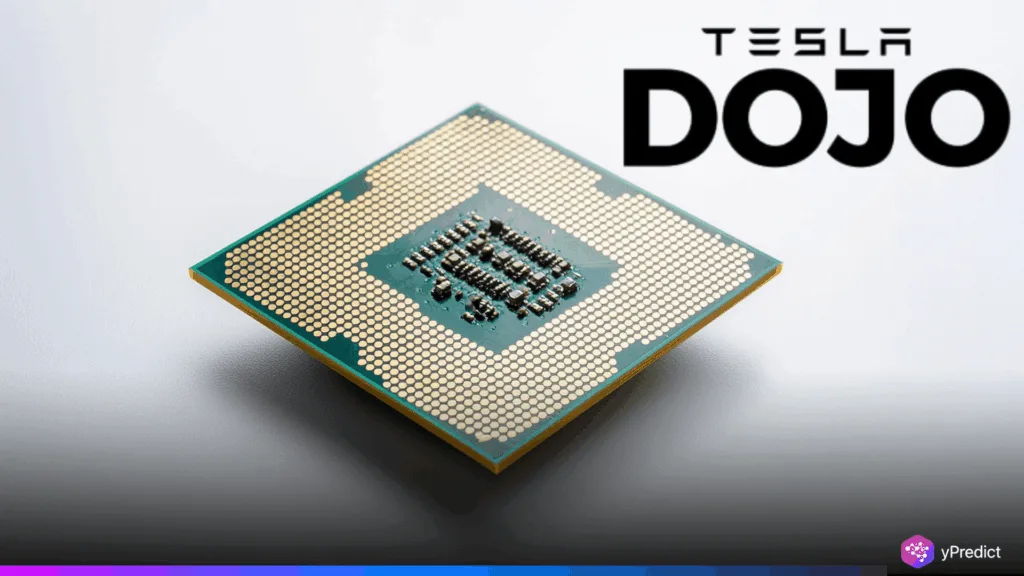
The Tesla Dojo news this week didn’t exactly come out of nowhere. Tesla has officially disbanded the Dojo supercomputer. Now a chunk of the original team is reassembling under a new name, DensityAI. Quietly founded earlier this year, it’s already pulling attention from those watching the AI infrastructure side of autonomous driving.
Engineers Behind Tesla and DensityAI
Ganesh Venkataramanan, who built Tesla’s AI hardware team back in 2016 and led the Dojo project, is one of the co-founders. Alongside him are Bill Chang and Ben Floering, both former Tesla engineers. They have been deeply involved in chip design and distributed training systems. These aren’t generalists jumping into AI from the sidelines. This is core technical leadership from inside Tesla’s most ambitious AI effort. They are regrouping just months after Tesla Dojo 2025 was supposed to hit its stride.
They’ve brought along about 20 other engineers, mostly senior folks from Dojo, which gives DensityAI a bit more technical weight from the outset. Tesla, meanwhile, has shifted what’s left of the Dojo team onto broader compute and data center tasks. Tesla is now leaning on NVIDIA, AMD, and Samsung for compute. So it is leaving behind the in-house supercomputing dreams, at least for now.
Long Shot of DensityAI
The vision at DensityAI seems to be straightforward. They want to build a full-stack AI compute platform specifically for cars and robots. That includes their own AI accelerator chips, custom racks for data centers, and the software stack to make it all run efficiently. They assert that compared to general-purpose GPUs, their training expenses could be 40% less. If that claim results in reality, it would be a major advantage.
The team is targeting real-time inference in autonomous vehicles, in-cabin AI systems, and robotics used in factories or logistics. They have been using vertical integration as a strategy. And in this context, it makes sense to achieve less energy consumption, lower latency, and tightly tuned systems for specific workloads.
They’re still in stealth, but fundraising efforts are in motion. Numbers being floated are between $100 to $300 million for a Series A. It would give them the runway to start lining up fabs and build out data center infrastructure. One can expect an announcement before the end of 2025 if things go to plan.
In the bigger picture, this move sharpens the where things are going in the automotive AI space. Tesla is stepping back from Dojo and embracing external chip vendors. It may have created the very gap DensityAI now intends to fill. It seems to go after NVIDIA’s position with a lighter, more energy-efficient stack that’s purpose-built for the road.
With the automotive AI market expected to cross $500 billion in the next decade, there’s plenty of room for challengers. But winning will take more than just better hardware. With the current talent war, it’ll take trust, reliability, and the ability to execute in one of the most complex hardware-software environments around.
Key Points:
- Tesla officially disbanded its Dojo supercomputer project earlier this year
- Former Tesla engineers founded DensityAI to build AI chips for autonomy
- Density AI aims for full-stack AI platforms focused on cars and robotics
- Their custom chips could cut training costs by nearly 40 percent
- Tesla shifts to NVIDIA, AMD, and Samsung for supercomputing efforts






